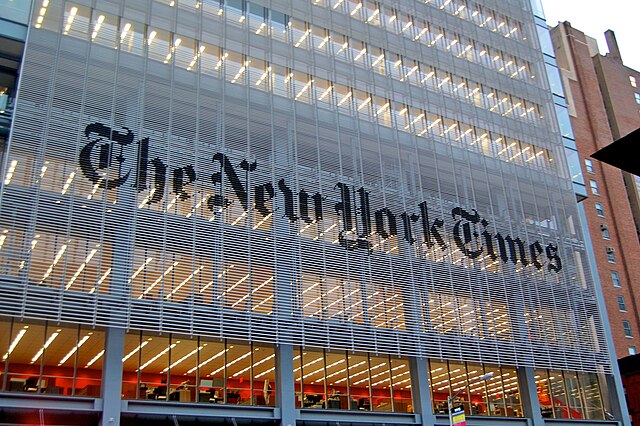OpenAI seeks dismissal of portions of The New York Times’ lawsuit, alleging unauthorized use of OpenAI products, including ChatGPT.
They claim the Times paid individuals to create 100 instances of copyright infringement for litigation.
OpenAI, in a filing submitted on Monday to the federal court in Manhattan, contended that the Times employed “deceptive prompts” that violated OpenAI’s terms of use, asserting that the Times required numerous attempts to produce the contentious outcomes.
OpenAI’s ‘Hacking’ Claim: AI System Vulnerabilities

The activity characterized as “hacking” by OpenAI in the submitted document can also be referred to as prompt engineering or “red-teaming,” which is a prevalent method used by artificial intelligence trust and safety teams, ethicists, academics, and technology firms to assess AI systems for vulnerabilities.
This practice, akin to how cybersecurity professionals test websites for weaknesses, aims to identify and address potential issues within AI systems.
Ian Crosby, partner at Susman Godfrey and lead counsel for The Times, stated in a CNBC statement that OpenAI does not contest the fact that they replicated millions of works from The Times without authorization to develop and operate their commercial products.
He further stated, OpenAI’s portrayal of the situation as ‘hacking’ is inaccurate; it merely involves the utilization of OpenAI’s products to uncover evidence of unauthorized reproduction of The Times’ copyrighted works.
This is precisely what we uncovered.
Moreover, the extent of OpenAI’s replication far exceeds the 100-plus instances outlined in the complaint.
OpenAI vs. Publishers: Copyright Conflict Heats Up
The submission of the filing coincides with an escalating conflict between OpenAI and publishers, authors, and artists regarding the utilization of copyrighted material for AI training data.
This includes the prominent lawsuit initiated by The Times, viewed by some as a pivotal moment for the industry.
The lawsuit, filed in December, aims to hold Microsoft and OpenAI liable for significant financial damages.
Previously, OpenAI asserted that training top AI models without access to copyrighted works is unfeasible.
Even as recently as last month in Davos, Switzerland, OpenAI CEO Sam Altman expressed surprise at The Times’ lawsuit, stating that OpenAI’s models did not require training on the publisher’s data.
While the absence of one publisher may not significantly impact ChatGPT’s operational capabilities, OpenAI’s submission suggests that a collective decision by numerous publishers to withhold data may have repercussions.
In recent months, the company has initiated efforts to engage with publishers to secure permission for the use of their content as training data.
